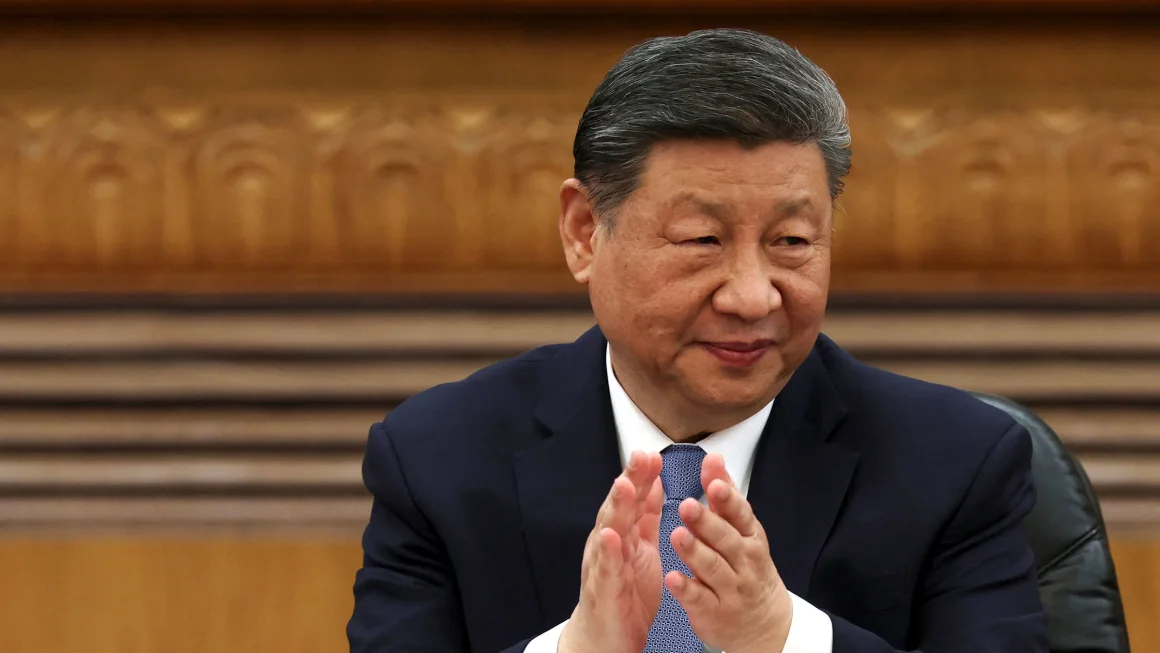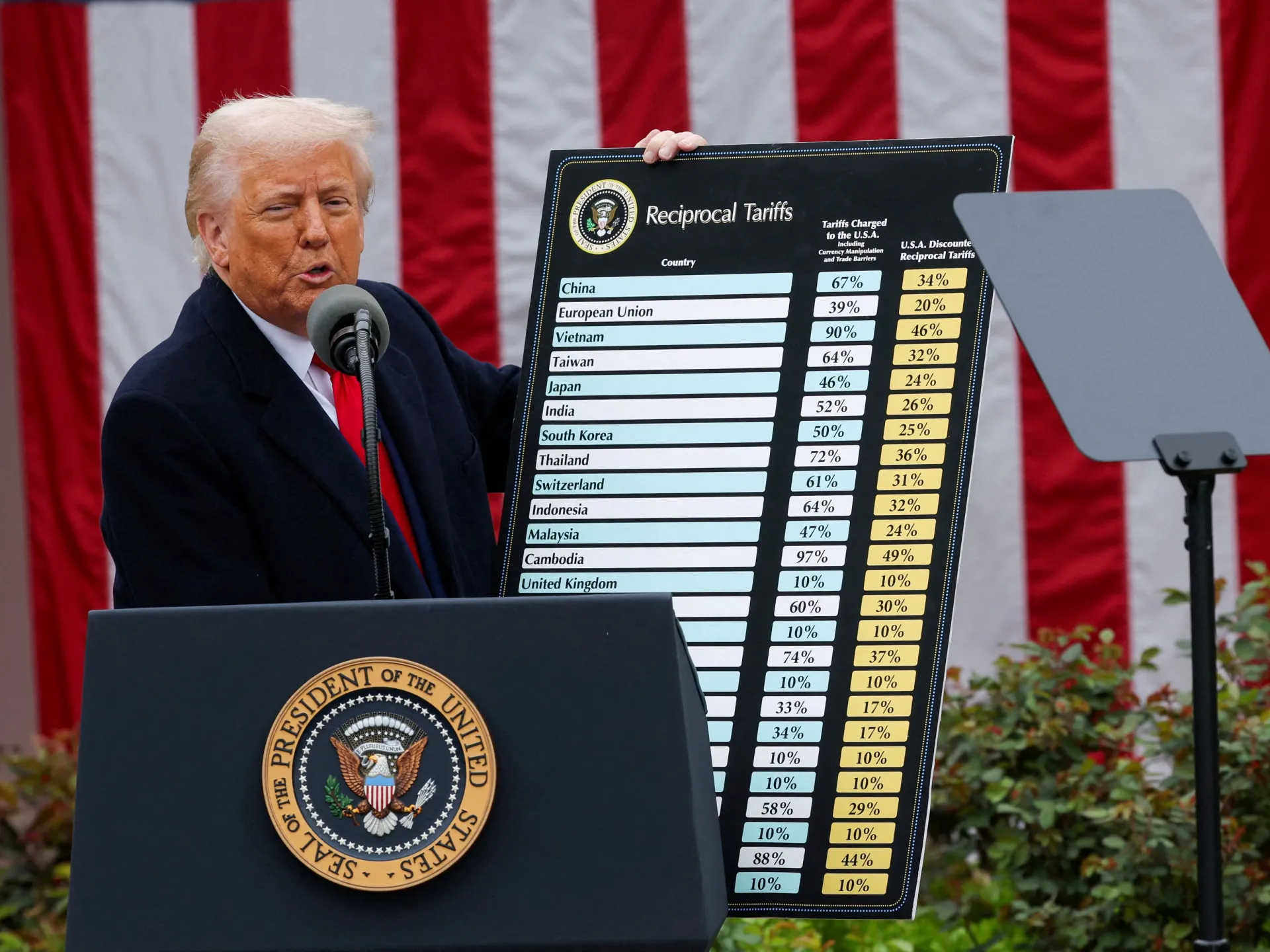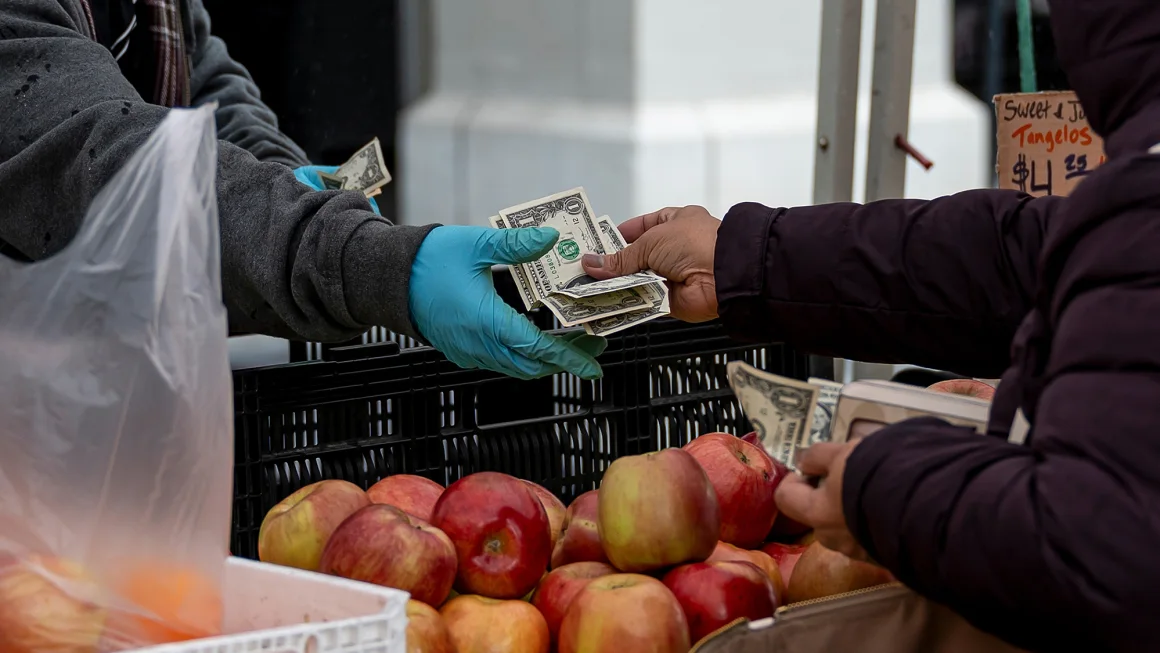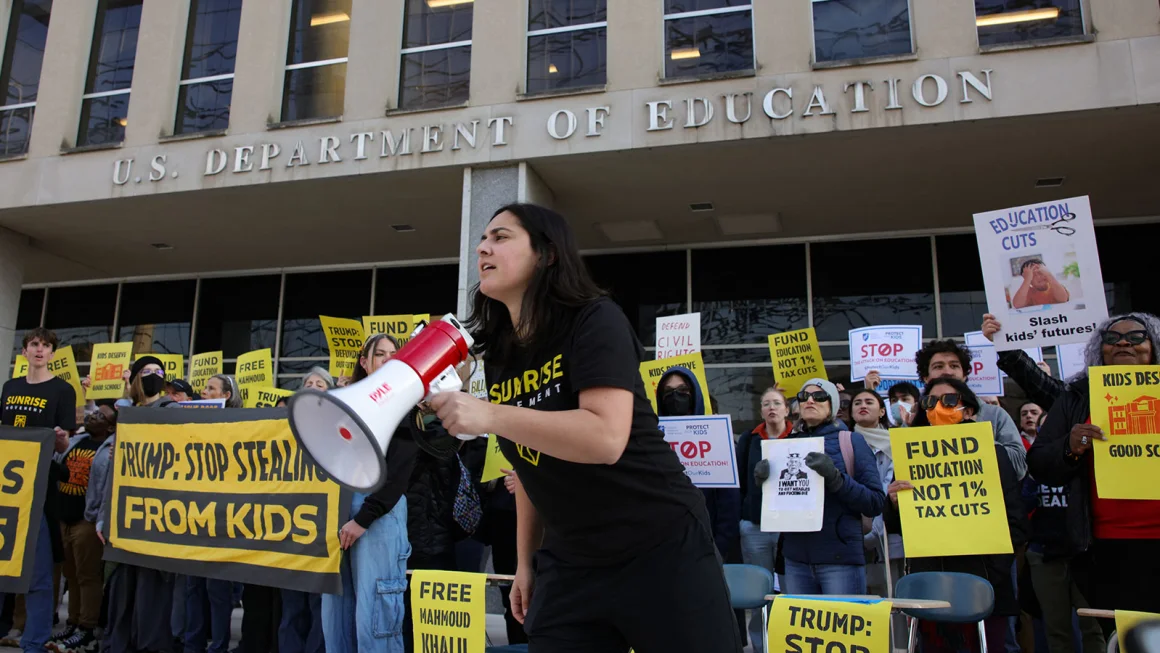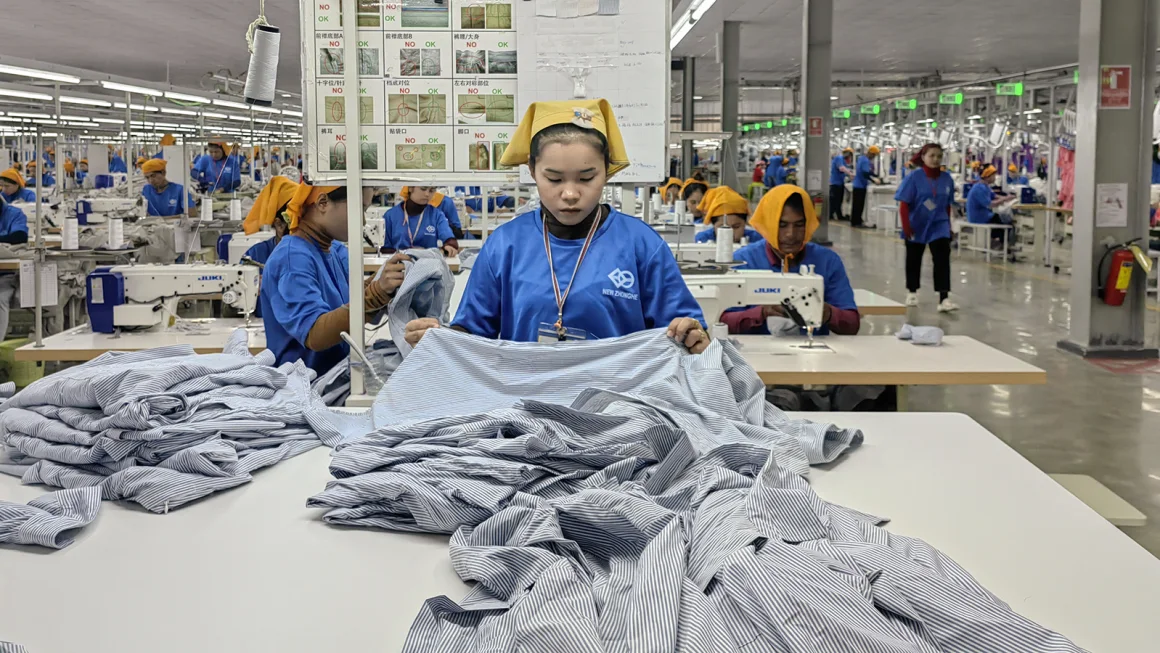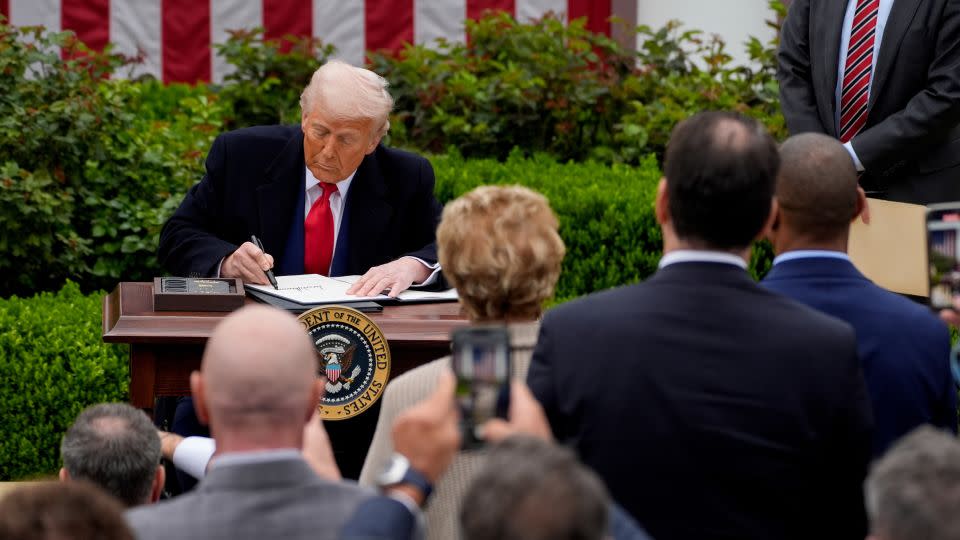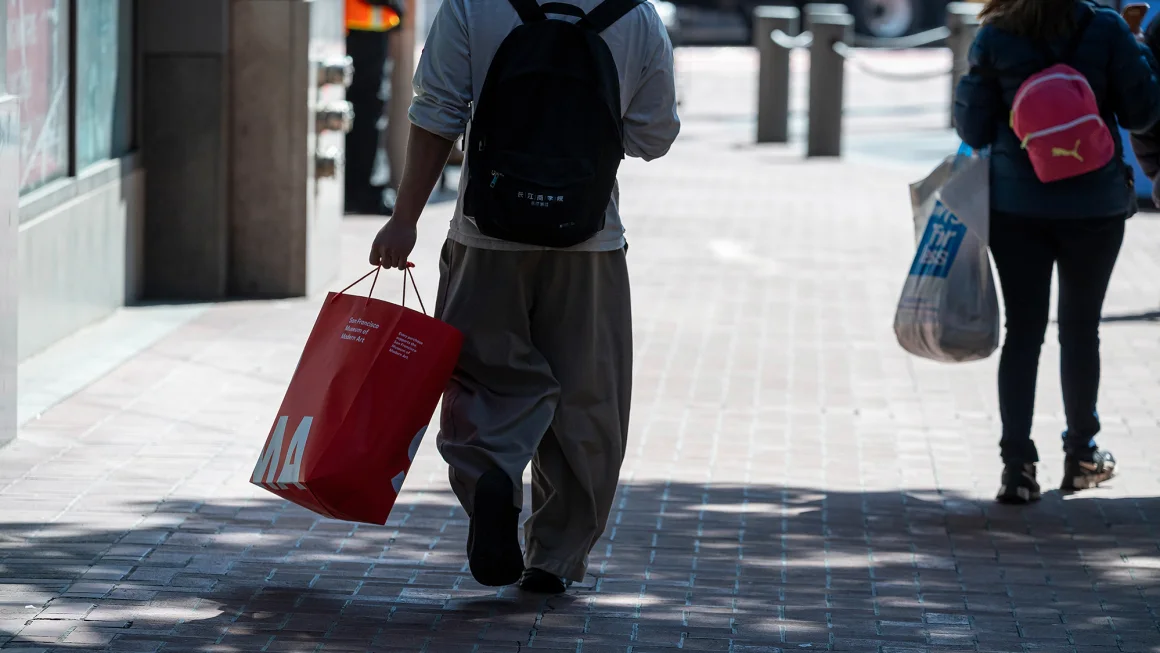
Americans’ concerns about rising unemployment have reached levels not seen since 2009, as a new survey reveals growing unease over both inflation and job losses. With President Donald Trump poised to announce significant new tariffs in the coming days, public anxiety is mounting.
According to the University of Michigan’s latest survey, consumer confidence dropped by 12% this month, reflecting a sharper decline than the initial readings suggested. Many respondents pointed to Trump’s unpredictable trade war as a primary source of their anxiety.
“Consumers are increasingly anxious about the potential economic fallout from ongoing policy shifts,” said Joanne Hsu, director of the survey. “Notably, two-thirds of consumers expect unemployment to rise in the coming year, the highest such expectation since 2009.”
On Wednesday, Trump is expected to unveil reciprocal tariffs—matching those imposed by other nations on U.S. exports. This move is expected to be a significant escalation in his trade war, which has already seen the introduction of a 25% tariff on all car imports, effective April 3, and an increase in metal tariffs along with higher duties on Chinese goods.
The survey’s “expectations” index, which gauges the public’s outlook on the economy, plummeted 18%, with overall confidence in future economic conditions dropping by over 30% since November 2024. This decline was felt across the political spectrum, as even Republicans showed increasing pessimism about their finances, business conditions, and inflation.
Inflation expectations for the year ahead have risen to 5%, up from 4.3% last month, marking the highest level since November 2022. Expectations for inflation over the next 5 to 10 years also increased to 4.1%, the highest since 1993.
“It’s understandable that people expect higher prices, given the scale of the trade war we’re witnessing,” said Art Hogan, chief market strategist at B. Riley Financial, in an interview with CNN. “Sentiment can often be unreliable data, but right now, it’s pointing to growing anxiety.”
Challenges for the Federal Reserve? The Federal Reserve has maintained that long-term inflation expectations are under control, but this may change if the public’s concerns continue to grow. If unemployment rates rise as many expect, it could complicate the Fed’s strategy.
The Fed closely monitors inflation expectations, as they can become a self-fulfilling prophecy. If consumers anticipate higher prices, they may change their spending habits accordingly, which can drive inflation further. The Fed has stated that it will adjust its policies if these expectations spiral out of control.
“If inflation expectations become unanchored in the long run, the Fed may have to shift its focus,” said St. Louis Fed President Alberto Musalem. “We may need to prioritize controlling inflation, which could mean halting further interest rate cuts.”
However, if consumer spending weakens due to rising unemployment, the Fed may respond with lower interest rates to stimulate the economy. Recent data shows consumer spending rebounded in February, rising 0.4% after a 0.3% decline in January, though people significantly reduced spending on dining out and travel.
Given that consumer spending accounts for around 70% of the economy, any slowdown could have broader negative implications for U.S. economic growth.
“Lingering inflation and growing anxiety about job security are weighing on consumers,” said Lydia Boussour, senior economist at Ernst & Young. “This sentiment shift could spell trouble for the broader economy if it leads to reduced consumer spending.”

